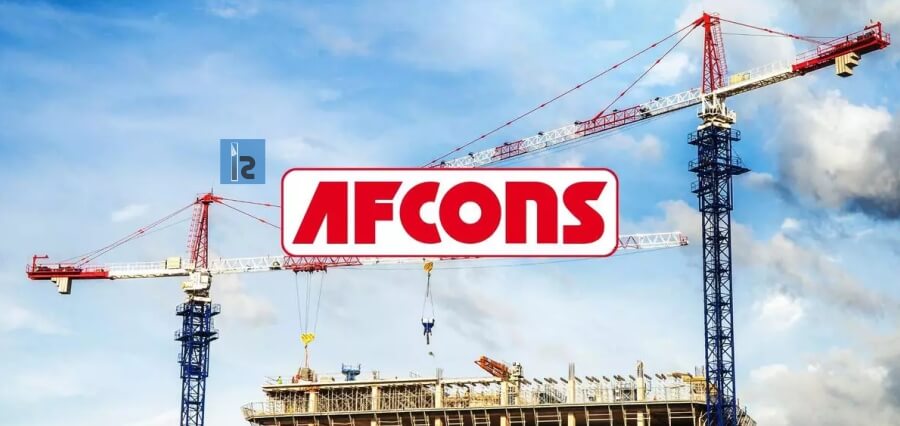At the 18th CII-EXIM Bank Conclave on India-Africa Growth Partnership, S Paramasivan, the Managing Director of Afcons, highlighted the significant funding deficit in Africa’s infrastructure development. He emphasized the need for increased investment in various sectors to bridge this gap. Paramasivan noted that Africa had consistently received an average investment of $80 billion per year over the past decade, indicating the region’s potential for growth.
Infrastructure investments in Africa were primarily concentrated in South and East Africa (47%) and East and West Africa (44%). The energy sector received the highest investment, followed by transport and infrastructure, and water infrastructure. Paramasivan stated that Indian firms aimed to contribute between $130-176 billion annually for infrastructure development in Africa.
The poor state of transport infrastructure in Africa resulted in high logistics costs, ranging from 50% to 175%, making products less competitive in the market. With only 84,000 km of railway lines spread across nearly 30 million square kilometers, Africa faced significant challenges in rail transportation.
Paramasivan acknowledged the risks associated with political instability, government debt, and institutional challenges in some African countries. He suggested exploring alternative business models like the receivable purchase model and barter system to facilitate infrastructure transformation.
Tunji Lawson, the Executive Director and CFO of LandAfrique (Nigeria), emphasized Africa’s infrastructural deficiencies, with two-thirds of the population lacking access to energy. He predicted that the infrastructure gap would continue to widen due to rapid population growth and urbanization, further emphasizing the urgency of investment in the region.


